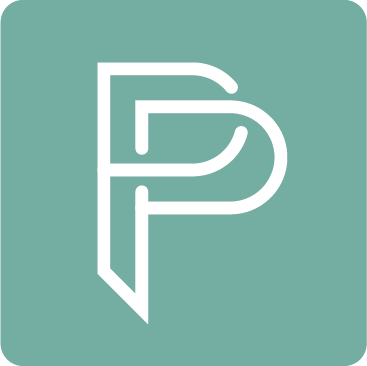Why Protein Matters
Are you taking weight loss medications and wondering how to maximize your results? A high-protein diet might be your secret weapon—here’s why! When taking weight loss medications, incorporating a high-protein meal plan can provide key benefits to support your weight loss journey, muscle preservation, and overall health. It’s important to consider how the medication and high-protein intake interact. Here’s what you need to know:
1. Helps Preserve Lean Muscle Mass
When you’re losing weight, it’s not just fat that’s at risk—your muscle can take a hit, too. Adding protein to your meals helps you keep your strength and metabolism intact by preserving lean muscle while promoting fat loss.
Protein is essential for muscle repair, especially if you’re exercising regularly during your weight loss journey.
2. Increases Satiety
Protein helps you feel full longer, reducing the urge to snack or overeat. This works hand-in-hand with the appetite-suppressing effects of many weight loss medications (like GLP-1 receptor agonists such as semaglutide and tirzepatide).
Including high-protein foods like chicken, fish, tofu, or eggs in your diet can reduce cravings and make sticking to a calorie-controlled plan much easier.
3. Supports Metabolism
Did you know your body burns more calories digesting protein than it does carbs or fats? This is called the thermic effect of food (TEF). A high-protein diet can support your metabolism, even when weight loss medications sometimes slow it as you lose weight.
4. Medication-Specific Considerations
Some weight loss medications, like GLP-1 receptor agonists (e.g., semaglutide, tirzepatide, liraglutide), slow down how quickly your stomach empties. This can lead to early feelings of fullness or nausea. Eating smaller portions of protein throughout the day rather than in large amounts can help manage this.
If you’re taking medications like phentermine, which reduce appetite and boost energy, you may find it easier to follow a high-protein plan without feeling overly hungry.
Discuss with your healthcare provider if any specific medication interactions exist between your weight loss medication and dietary changes.
5. Recommended Protein Sources
When planning your meals, focus on lean, nutrient-rich protein options:
Lean meats: Chicken breast, turkey, lean cuts of beef
Fish and seafood: Salmon, tuna, shrimp
Plant-based options: Tofu, tempeh, edamame, lentils
Dairy: Greek yogurt, cottage cheese
Eggs: A versatile and high-quality source of protein
6. Protein Goal
While protein is essential, balance is key. Aim to spread your protein intake evenly across meals and snacks. Overeating protein without considering your total calorie intake may slow your progress if you’re not in a calorie deficit.
A general starting point is 80-100 grams of protein per day, but your healthcare provider or dietitian can help tailor this goal to your needs. Protein supplements like shakes, powders, or bars can also help you reach your target.
You can use protein supplements (shakes, powders, bars) to help reach your goal.
7. Hydration
High-protein diets can increase the need for water to help metabolize the protein. Ensure you’re drinking enough fluids, especially if your weight loss medication causes dry mouth or dehydration. Aim for 9-12 cups of water per day.
A high-protein diet can work synergistically with weight loss medications to enhance results, preserve muscle, and promote overall health. For best results, consult with your healthcare provider or dietitian to create a plan that works for you.


